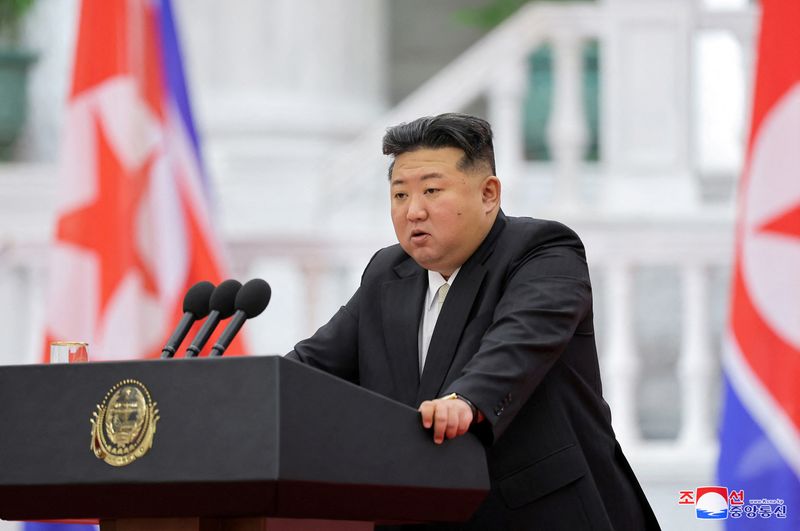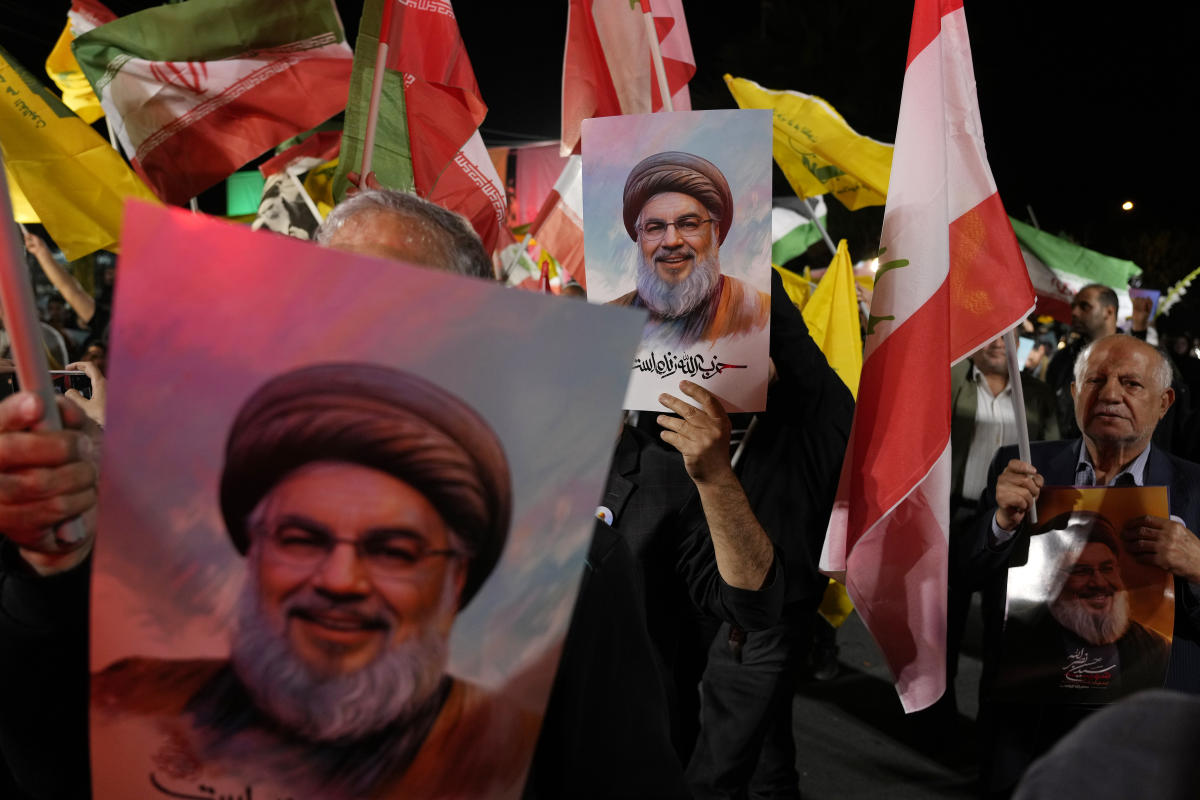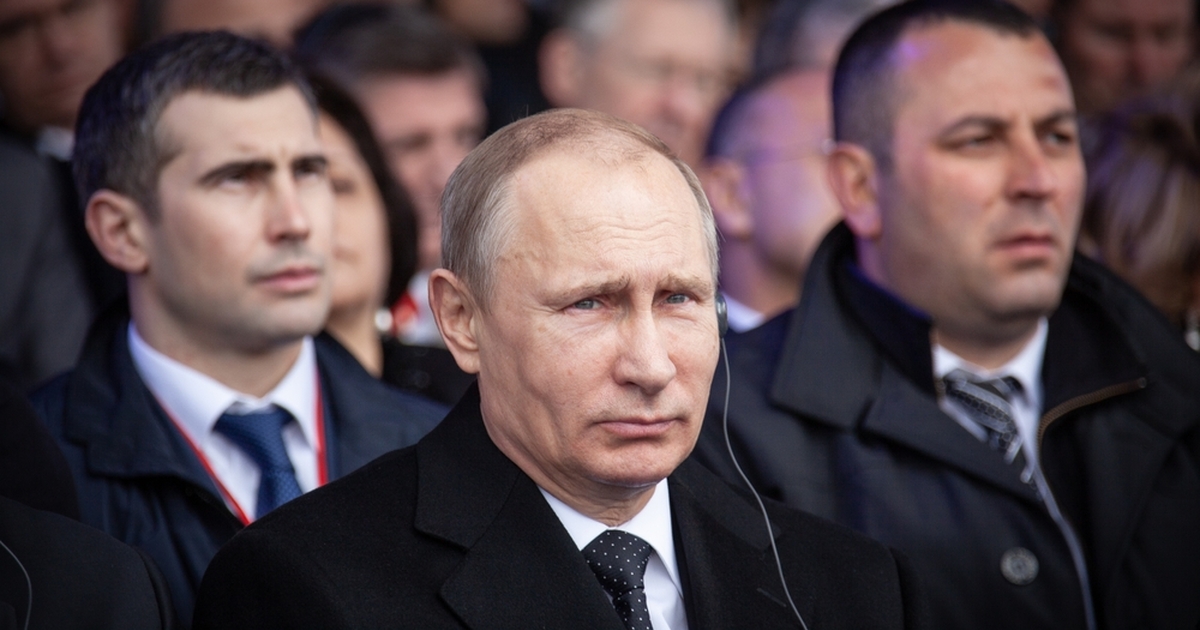Latest news on ETFs
Visit our ETF Hub to find out more and to explore our in-depth data and comparison tools
S&P Dow Jones Indices has tweaked the methodology for its 11 Select Sector indices tracked by $300bn in exchange traded funds in response to large market swings in the technology industry, the index provider has disclosed.
The rebalance was the result of concerns within S&P regarding the continued growth of certain technology stocks such as Apple, Microsoft and Nvidia, the company noted in a September 10 article on its website.
Some 42 ETFs with a combined $303.6bn in assets track Select Sector Indexes, according to data from Morningstar Direct.
The largest of those funds is State Street Global Advisors’ $69bn Technology Select Sector SPDR ETF, which tracks the S&P Technology Select Sector index, Morningstar data shows.

This article was previously published by Ignites, a title owned by the FT Group.
Market swings impacting that index appear to be the primary motivation behind the changes, S&P noted on its website.
Four other ETFs also track that index: the $3.2bn Direxion Daily Technology Bull 3X, $698mn ProShares Ultra Technology, $104mn Direxion Daily Technology Bear 3X and $5mn ProShares UltraShort Technology ETFs.
The five ETFs garnered a combined $4.1bn in net inflows during the year that ended August 31, Morningstar data shows.
Overall, the 42 Select Sector index-tracking ETFs recorded $467mn in combined net inflows during the same period.
S&P’s 11 Select Sector indices are market-cap weighted and aim to have the right mix of companies from the benchmarks they follow, their methodologies note.
To qualify as a registered investment company, no more than 25 per cent of an ETF’s assets may be invested in a single issuer and the sum of the weights of all issuers representing more than 5 per cent of the fund, dubbed “larger companies,” should not exceed 50 per cent of the fund’s assets, Zachary Evens, research analyst at Morningstar, wrote in note explaining the process.
Under the old methodology, if a group of large companies were to account for more than 50 per cent of the index weight, the index would reduce the weight of the smallest company in the group to 4.5 per cent, the S&P website states. The process would repeat iteratively, if necessary, until there were no breaches of the thresholds.
But the growth of large tech stocks has caused this mechanism to lead to “flip flops” in index weights twice this year, S&P noted.
Apple, Microsoft and Nvidia each had weights greater than 4.8 per cent, and their collective weight exceeded 50 per cent as of March 2024. As the smallest of the three companies at the time, Nvidia’s weight was reduced to 4.5 per cent.
But in June 2024, Nvidia had become the second-largest of the group, “reflecting investors’ expectations of the impact of AI on the company’s growth prospects,” S&P noted.
As such, Apple had its index weight reduced by 17 per cent at the June rebalance, while Nvidia’s weight increased by 15 per cent to around 21 per cent.
“The Technology Select Sector SPDR ETF was forced to sell roughly $10bn of Apple and buy nearly as much of Nvidia after the former’s market cap was supplanted by the latter,” Morningstar’s Evens noted in his report.
Under Monday’s new capping mechanism, the aggregate weight of the larger companies will be reduced to 45 per cent from 50 per cent, and the larger companies’ individual weights will be determined by their relative proportions, after checking for any breaches in the single company cap.
The minimum index weight of each of the larger companies is now 4.5 per cent.
The new system should be enough to quell regulatory concerns, Evens told Ignites.
“There are buffers built into the methodology to prevent the portfolio from running afoul of the diversification rule,” he wrote in an email.
The new rules should not cause any structural or mechanical issues, he noted, but investors might be concerned with the “relative underweighting” of the tech market’s largest holdings compared to an uncapped technology index, Evens wrote.
“An uncapped index wouldn’t satisfy the diversification rule but would be more representative of the technology sector,” he added.
While the updated methodology will reduce the index’s reliance on its two largest holdings, diversification is improved, reducing single-stock risk, Evens said. Performance will still be steered heavily by the sector’s largest stocks, he added.
*Ignites is a news service published by FT Specialist for professionals working in the asset management industry. Trials and subscriptions are available at ignites.com.








































































































































You must be logged in to post a comment Login